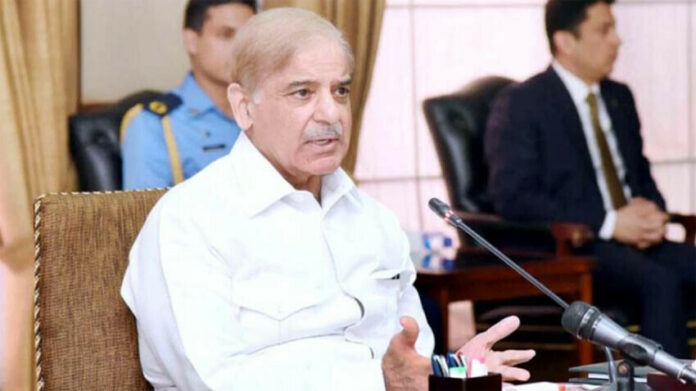ISLAMABAD – Prime Minister Shehbaz Sharif has constituted a high-powered political committee to oversee the implementation of the National Fiscal Pact, build consensus on debt-sharing between the federation and provinces, and coordinate the development of critical water infrastructure in the face of growing regional challenges.
According to a report by The Express Tribune, the eight-member committee will be co-chaired by Deputy Prime Minister Ishaq Dar and Pakistan Peoples Party (PPP) Chairman Bilawal Bhutto Zardari. The body includes federal ministers for defence, planning, finance, economic affairs, and law, along with the Attorney General for Pakistan (AGP). The committee has been directed to share budget-related proposals with federal and provincial governments within ten days.
The National Fiscal Pact, signed in September 2024 as a prior action under the International Monetary Fund (IMF) programme, has faced slow implementation due to reservations from some provinces—particularly Sindh—on assuming additional expenditure responsibilities. The pact aims to rebalance federal and provincial fiscal roles and harmonise taxation policies.
Notably, the committee excludes representation from the opposition Pakistan Tehreek-e-Insaf (PTI), which governs Khyber Pakhtunkhwa (K-P), raising questions about the feasibility of nationwide consensus—a key factor in meeting IMF targets.
The committee’s mandate includes developing a roadmap for cost-sharing of debt obligations, which are expected to amount to Rs8.7 trillion—approximately half of the upcoming federal budget. Although the federal government is exploring ways to pass on some of the burden, constitutional constraints mean provinces are not obligated to contribute.
Pakistan is also under pressure to fast-track water infrastructure projects amid what authorities describe as India’s unlawful efforts to block water flows in violation of the Indus Waters Treaty. The new committee will also coordinate national efforts on water security and infrastructure development.
The Express Tribune report notes that the committee will monitor tax reforms, such as aligning agricultural income tax with the Federal Board of Revenue’s regime, streamlining GST on services, and creating a unified property tax framework. Implementation remains weak despite the passage of relevant provincial legislation, prompting the IMF to set new benchmarks under its $7 billion Extended Fund Facility.
The IMF has directed Pakistan to operationalise agricultural income tax regimes through taxpayer registration, return processing platforms, and compliance frameworks. Reforms in public spending, such as greater provincial responsibility for higher education, social safety nets, and subsidy rationalisation, are also on the committee’s agenda.
In terms of procurement reform, the committee will oversee the expansion of the electronic Pakistan Acquisition and Disposal System (e-PADS), which now includes 623 federal procuring agencies. Three provinces are already integrating the platform into their systems, with a fourth currently assessing compatibility.
As per the decision, the Finance Division will notify the committee and act as its secretariat. The platform will also address bottlenecks in reform delivery and mediate between federal and provincial stakeholders.
To ensure fiscal coordination, the IMF has further recommended that provinces invest their cash surpluses in government securities through a guided non-competitive bidding framework, helping support federal liquidity without disrupting markets.
The committee’s formation is seen as a critical step in navigating Pakistan’s complex fiscal decentralisation challenges and delivering on IMF conditions under tight timelines.




